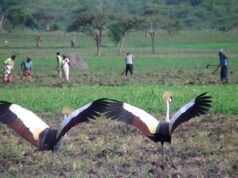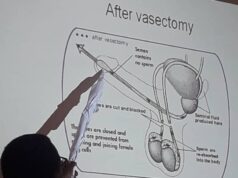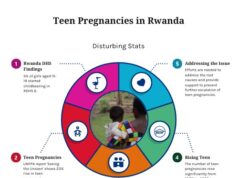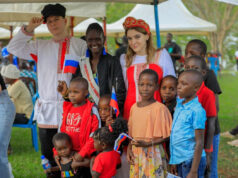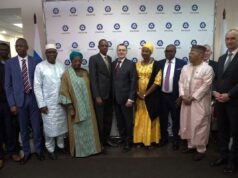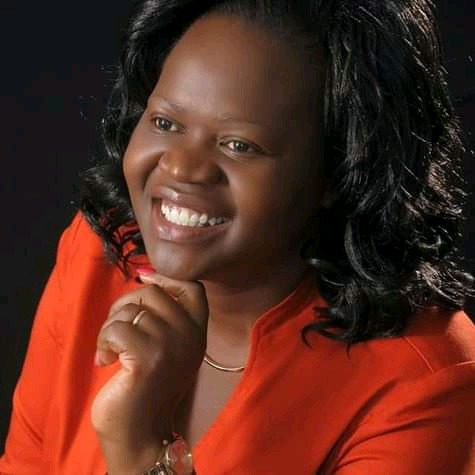
“Leadership is never given on a silver platter, one has to earn it.” Ellen Johnson Sirleaf the former Liberian President did not lie when she said this.
The story explores how women are struggling for equal political seats, but are still far from achieving it. The 2022 Kenyan general election was not an exception. From the highest presidential seats to the Members of the County Assembly seats, it was male-dominated. But strong and determined women emerged in numbers to fight for these seats.
Have you ever thought about the place of women in politics? Do you believe their work is just dancing and clapping in campaign rallies? Well, in Kenya, the tide is changing as more women are daring enough and are doing well in the political leadership of the country.
To begin with, an increase in women’s candidacy was seen in the previous election. The number of female gubernatorial candidates increased from nine in 2017 to 22 in 2022. The number of female parliamentary candidates increased from 131 in 2017 to 207 in 2022. Out of these 22, seven women were elected as County Governors, representing a 32 per cent success rate, thus showing an increase from 3 in the previous 2017 election to 7 in the 2022 election. While 29 women out of the 207 candidates, were elected as Members of the National Assembly, also a slight increase from 23 female Members of Parliament in 2017. The senate seats were not left out, as 44 female candidates showed interest. Only 3 female candidates were elected as senators, maintaining the number of female senators in the 2017 election.
In the presidential race, three of the four presidential candidates chose women as their running mates. One that stood out was the first-ever female presidential running mate, Martha Karua from the Azimio la Umoja coalition, headed by the presidential candidate Raila Amolo Odinga. Even though the Azimio la Umoja coalition lost in the presidential election, Martha Karua’s nomination as the coalition’s presidential running mate gave the female gender a better position in politics. It has shown that women given a chance can also campaign, debate, fight and win against men. The number of gubernatorial candidates who chose female running mates was also more than doubled to 62, from 30 in the last election. Nakuru County made history as the number of female leaders was elected to every legislative position in national and county assemblies, compared to other counties.
Before women aspirants even reach office, many are exposed to unequal treatment by voters and competing candidates. Despite the existence of progressive laws that address gender equality and non-discrimination, including the country’s 2010 constitution, there are gaps in implementation. The office of the Registrar of Political Parties enforced the two-third gender rule for party membership lists, which compels political parties to nominate no more than two-thirds of a single gender to Parliament for county assemblies. If not for the nominations, this rule is never met. 6 counties contributed to this, as they did not elect women to any other elective seats apart from the Woman Representative. That includes Garissa, Mandera, Kajiado, Samburu, Marsabit and Nyamira Counties.
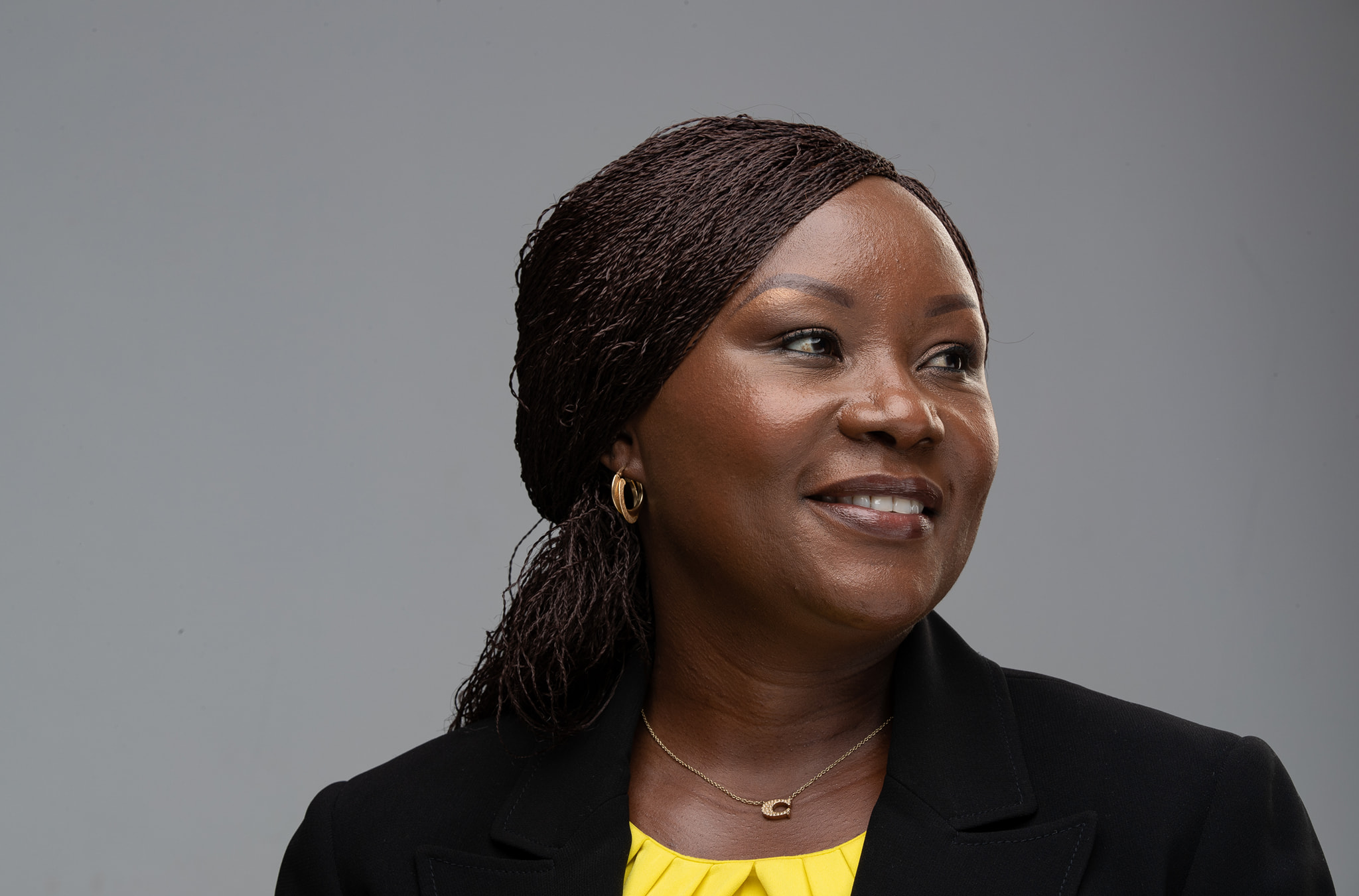
The gubernatorial seat is the highest-ranked seat after the president. It is the most competitive after the presidential seat. In the 2022 Kenyan election, influential and powerful women bagged 7 out of the 47 seats. Ann Waiguru, re-elected as Kirinyaga governor, Susan Kihika elected as the first female governor of Nakuru, Cecily Mbarire, the first female governor, of Embu county, Kawira Mwangaza who broke the record after winning the Meru seat as an independent candidate, Wavinya Ndeti who won the Machakos seat and became the first female, after unsuccessfully contesting for it two times, Fatima Achani who won the Kwale seat and finally, Gladys Wanga who made history after becoming Homa Bay’s first woman governor.
Just like all the other legislative seats, fighting for these gubernatorial seats was not an easy one like in the case of Gladys Wanga. In February 2022, Ms Wanga launched her bid for the Homa Bay County gubernatorial seat. A dismal attendance was recorded at the event, as the area leaders ditched Ms Wanga’s launch of the bid which was only attended largely by “Azimio la Umoja coalition” women leaders, together with their Orange Democratic Movement (ODM) counterparts. She became one of the nine aspirants vying for the position. She was the only woman amongst the nine. Under the Orange Democratic Movement party, a total of 8 aspirants were determined to run for the Homa Bay County gubernatorial seat, including Ms Wanga. One of the ODM party rules was termed by their party leader Mr Raila Odinga as “consensus-building” allowed for an agreement among the aspirants. The seven contestants, according to the party leader, agreed to step down and back Ms Wanga as the party candidate, and also nominated her running mate “Oyugi Magwanga”. The party wanted to make sure that they retain the Homa Bay gubernatorial race in the polls.
The move sparked different reactions as many legislators from the region seemed not pleased with their actions. The party leader defended the issuance of the certificate, saying that it was not a direct nomination but rather a consensus. On a certain Sunday at Nyaore village in Homa Bay County, during a burial of a former Kenyan Ambassador to Qatar, Mr Odinga said that he invited the aspirants to agree on one flag bearer, to reduce the political temperature that was building in Homa Bay on the gubernatorial race, according to Citizen Digital. Ms Wanga also had to defend the consensus method used by the ODM party to nominate her, after she had won the election. She urged the Homa Bay High Court to dismiss the petitioner’s argument, saying that her nomination was above board. She said this while testifying in a petition filed by former Nairobi Governor Dr Evans Kidero, who argued that her nomination was irregular.
But it is not only Wanga who faced opposition in a political party while contesting for the seat. Janet Miriti, an Education, Gender and Social Development lobbyist, feels that these female candidates are normally seen as they are not supposed to play a role in leadership. She says that for instance Anne Waiguru, who won the Kirinyaga gubernatorial seat, the situation was the same. In an interview, Janet who now works as a Consultant says that in terms of the number of women in politics, we are progressing but she believes we can do better. She says that one of the reasons for the little progress is our mindset and patriarchal nature.
“The political parties are forced with the patriarchal nature to go with men rather than women, or with the popular candidate, or the one who can fund,” Janet says. “Now if a woman comes and cannot give money for funding the party or campaign, then how is she going to compete with the political parties who have chosen a man?” She adds.
The long election campaign saw female candidates face several hurdles including being subjected to extensive online abuse, aggressive sexist language and gender stereotyping. One Silvia Vihenda, a lab technician, who resigned to campaign for a Member of County Seat in Kakamega County, says she once faced intimidation by her male opponents.
“At some point, they arranged for me to be beaten, but we were alerted and reported the matter to the police.”
Even though she was intimidated, she says the people on the ground, especially women and youths, received her well. Ms Vihenda adds that she is planning to vie again for the Member of the National Assembly seat in the next election.
Janet believes that a politician’s personal life should be left out. “I support Millie Odhiambo that anybody who exposes the nudes of someone should be penalised severely… one of the things that happen is that they try extorting money from these candidates when they cannot have the money, they send those photos online to make them look bad.”
Ms Millie Odhiambo, now the Suba North Member of Parliament, once commented on social media, on her Twitter account, that people who expose others’ nudity should be jailed for life.
Another reason Janet gave as to why gender-based violence is on the rise, is the lack of organizational and governmental partnerships that can monitor GBV.
“We don’t have a development or international partners and also government monitoring what is happening…the organisations coming to monitor elections should also do a gender-based violence observation and report on it. If we can have four or five people going to jail, then it can deter others.”
Janet also stressed that the media has also failed the women. She feels the media should play a central role in society. She says
“Never have I seen the major media covering a feature on gender-based violence during the election period. They only focus on articles that bring them more likes and investments, leaving out some of the things that hurt the society.”
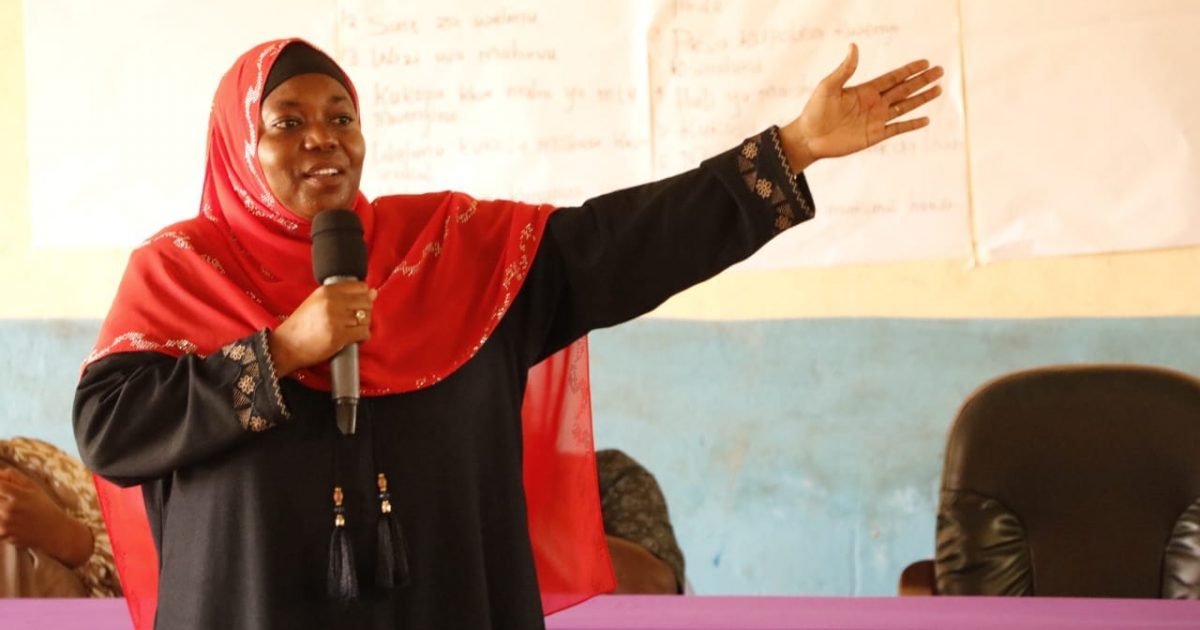
For the political parties to achieve the gender rule, Janet believes that parties can assist women candidates by choosing strong women candidates. For instance, she expresses that Achani Fatima, who is now the governor of Kwale County was the former deputy governor of Kwale.
“Her presence was already known there, she was able to outsmart others and her political party also supported her. This gave her an edge. If the parties set aside spaces for ladies, we will have more elected women than nominated.” Janet also adds that parties should support the ladies financially. As much as they support the male candidates who are financed, they should also support the ladies who don’t have the finance and especially the new ones who are coming in. She gave an example of the 26-year-old Linet Chepkorir, the woman representative of Bomet County.
“She struggled in her campaign until she won the nomination; it’s when the big boys recognised her… she was blocked from seeing Ruto and was only able to see him later.” Finally, Janet lamented that lack of justice in the parties not only for women but also for men, has denied them the chance to achieve the two-third gender rule. “Some of them are short charged and another candidate is preferred.”
Janet, the activist who lauded Ann Waiguru and Gladys Wanga’s leadership, believes that women are peacebuilders. She argues that men are more confrontational when handling matters than women and believes that the female candidate should also have the ability to lead.
“A woman should have the self-capability to contribute to an agenda”
“Gendered governors should be more than numbers. A woman should have the self-capability to contribute to an agenda. The women who went down and campaigned came out having a strong start, unlike nominated members who do not have a say since they have to follow the master.”
In conclusion, Janet advised the young women aspiring to become leaders to start leadership early in schools, communities and society, to make sure they get educated since educated leaders are voted and they are aware of themselves and the society thus protecting their characters.
Sheila Cindy Onyango, the Chief Engagement Officer of Youth Senate Kenya believes that we should elect more women in leadership. Considering the performance of the seven elected female governors since the previous election, they are doing great, and if given more chances they can do better according to Ms Onyango.
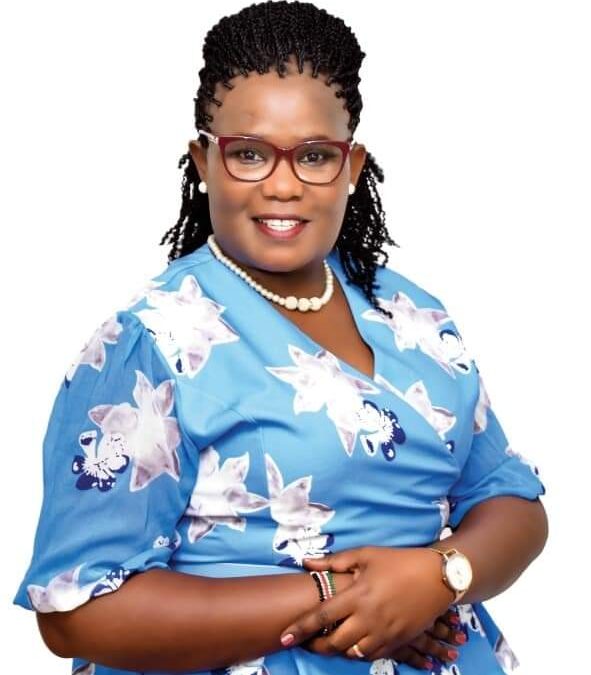
“I would say that they are doing a good job considering that people are trying to put them down on their competence, emotional intelligence. In a recent research by Polytrack Africa on governors’ performance, the seven of them were there with Mwangaza on the top, then Wanga,… They were all in the top 20 of the best-performing governors.”
On the two-third gender rule, Sheila thinks the progress is relatively low and there is still non-compliance. Though she is hoping that the recent memorandum proposed by the current president includes; a compilation formula for gender equality in politics, formulation of funds, and how political parties will handle their businesses, will surely push for more progress.
For gender-based violence, Ms Onyango thinks that both men and women are affected but women are affected in higher proportion. To curb it, she believes that the existing laws should first be amended amongst other measures that could include; a multidimensional approach and awareness campaign, bringing more options to the aspirants, especially to the women who seem to have fallen out of the ballot because of their gender.
“There have been instances where sexual abuse cases have been taken to court, released with the offenders claiming that the sentences are too harsh, and then matter left for the court which resulted to reversal of minimum sentence, and resentencing of sexual offenders,” she says.
In their organisation of the Youth Senate, Ms Onyango talks of the ladies involved in the leadership programme with more than 14 per cent of the overall. She urges the young to take advantage of the development force of youth in Kenya.
“Some of the constraints forcing the young aspiring leaders are like financial, cultural beliefs that leadership is meant for the older, lack of quality training and capacity building and lack of mentorship from the experienced leaders,” she says.
Ms Onyango concluded by applauding the current government and the current president. ” I would conclude by applauding the current government. There’s great progress as the current president is working to make sure that there are no women biases in his government.”
This article is part of the African Women in Media (AWIM)/LuminateYoung Women in Politics Media Project


